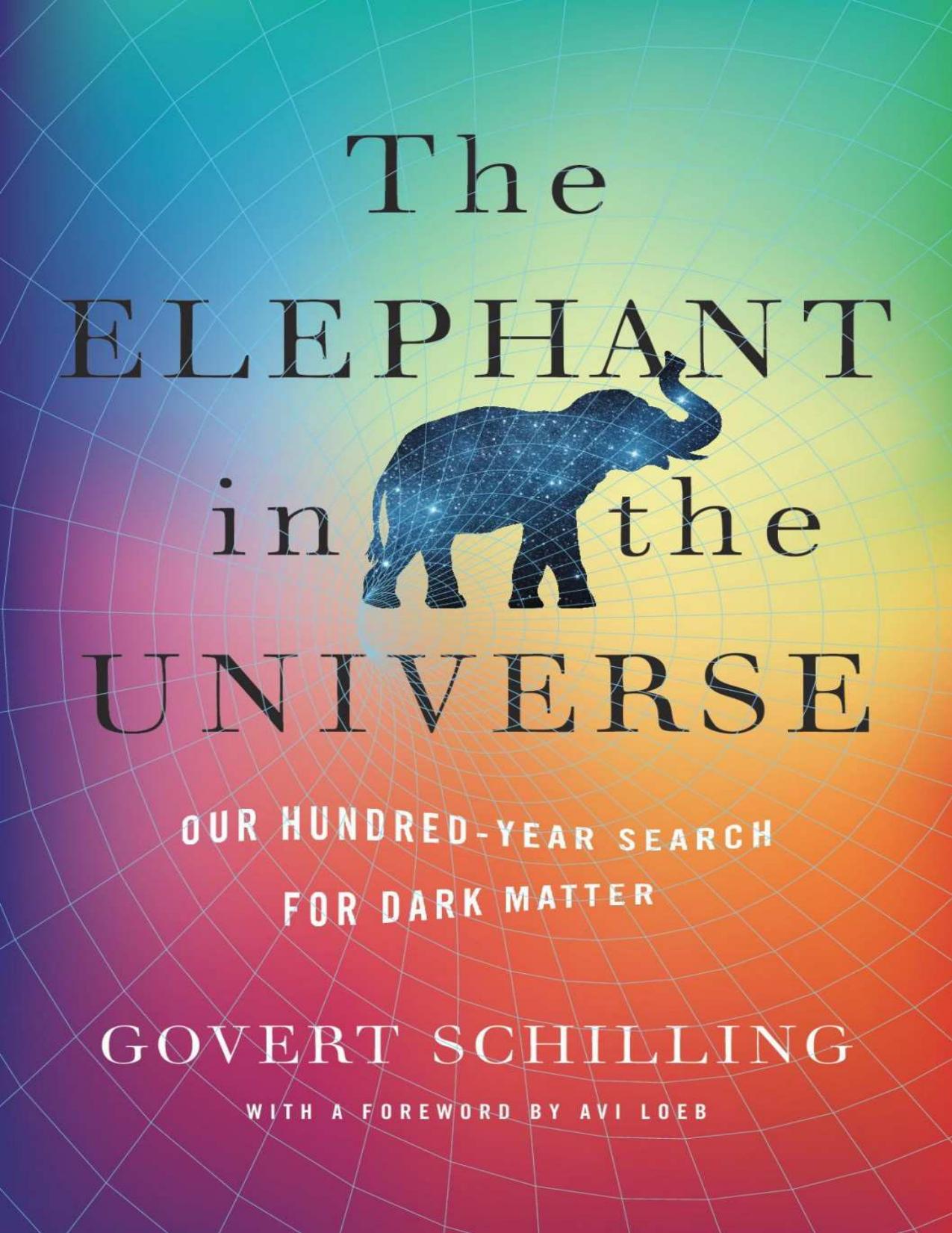The Elephant in the Universe by Govert Schilling

Author:Govert Schilling
Language: eng
Format: epub, pdf
Publisher: Harvard University Press
15
The Runaway Universe
On January 8, 1998, scientists announced that the universe will never stop expanding, but for some silly reason I missed the press conference. Yes, I was one of the journalists attending the 191st meeting of the American Astronomical Society in Washington, DC. But it was my first AAS, and I had a hard time figuring out what was happening at what time and in which of the many rooms at the Washington Hilton Convention Center. So when Saul Perlmutter and Peter Garnavich presented their exciting results on the never-ending growth of the cosmos, I was probably listening to some dull talk elsewhere in the building.
Ever since the big bang, empty space has been expanding. But scientists have not always been sure if this expansion will continue indefinitely. Thatâs because cosmic expansion is slowed down by the collective gravity of all the matter in the universe. For decades, astronomers wondered whether there is enough gravitating matterâluminous and darkâto not just slow the expansion but bring it to a halt and ultimately reverse it. The result would be contraction, leading to what has been called a big crunch. Just how much matter is there, then? As we have seen in previous chapters, itâs not easy to âweighâ the universe and find out. So two teams of researchers, Perlmutterâs and Garnavichâs, independently came up with another way to assess the matter content, and therefore the future, of the universe: they measured the expansionâs history, by looking at distant supernova explosions.
The supernova message was loud and clear: thereâs not enough slowing down going on to ever stop cosmic expansion. Apparently the universeâs biography is a never-ending story. As Perlmutter said at the AAS press briefing, âFor the first time, weâre going to actually have data, so that you will go to an experimentalist to find out what the cosmology of the universe is, not to a philosopher.â At least, thatâs what I read from other reporters. The next day, the New York Times had the news on its front page. âNew Data Suggest Universe Will Expand Forever,â the headline read.
But there was more. The supernova measurements indicated not only that the expansion of the universe was endless but that it wasnât even slowing down. The rate of expansion was in fact accelerating. That result wasnât announced at the press conference. The discovery was so surprising, so weird, and so far-reaching that it took another six-and-a-half weeks before one of the competing research groups felt confident enough to announce it in public.
We live in an accelerating cosmos, a runaway universe. Empty space is being pushed apart by some uncanny force that cosmologists have christened dark energy, for lack of any better name. As if dark matter wasnât mystery enoughâcuriouser and curiouser, to quote Lewis Carrollâs Alice. In December 1998, Science hailed the discovery of the universeâs accelerating expansion as the scientific breakthrough of the year; in 2011, three key scientists behind the revolutionary find, including Perlmutter, shared the Nobel Prize in Physics. And
Download
The Elephant in the Universe by Govert Schilling.pdf
This site does not store any files on its server. We only index and link to content provided by other sites. Please contact the content providers to delete copyright contents if any and email us, we'll remove relevant links or contents immediately.
Spare by Prince Harry The Duke of Sussex(5197)
Navigation and Map Reading by K Andrew(5158)
Tuesdays with Morrie by Mitch Albom(4784)
Machine Learning at Scale with H2O by Gregory Keys | David Whiting(4313)
Cracking the GRE Premium Edition with 6 Practice Tests, 2015 (Graduate School Test Preparation) by Princeton Review(4294)
Never by Ken Follett(3957)
Goodbye Paradise(3811)
What It Really Takes to Get Into Ivy League and Other Highly Selective Colleges by Hughes Chuck(3760)
Fairy Tale by Stephen King(3399)
Harry Potter and the Prisoner of Azkaban (Book 3) by J. K. Rowling(3360)
Pledged by Alexandra Robbins(3179)
Kick Ass in College: Highest Rated "How to Study in College" Book | 77 Ninja Study Skills Tips and Career Strategies | Motivational for College Students: A Guerrilla Guide to College Success by Fox Gunnar(3131)
Reminders of Him: A Novel by Colleen Hoover(3121)
A Dictionary of Sociology by Unknown(3085)
Sapiens and Homo Deus by Yuval Noah Harari(3072)
The Social Psychology of Inequality by Unknown(3031)
Graduate Admissions Essays, Fourth Edition: Write Your Way into the Graduate School of Your Choice (Graduate Admissions Essays: Write Your Way Into the) by Asher Donald(2923)
Will by Will Smith(2920)
Zero to Make by David Lang(2785)
